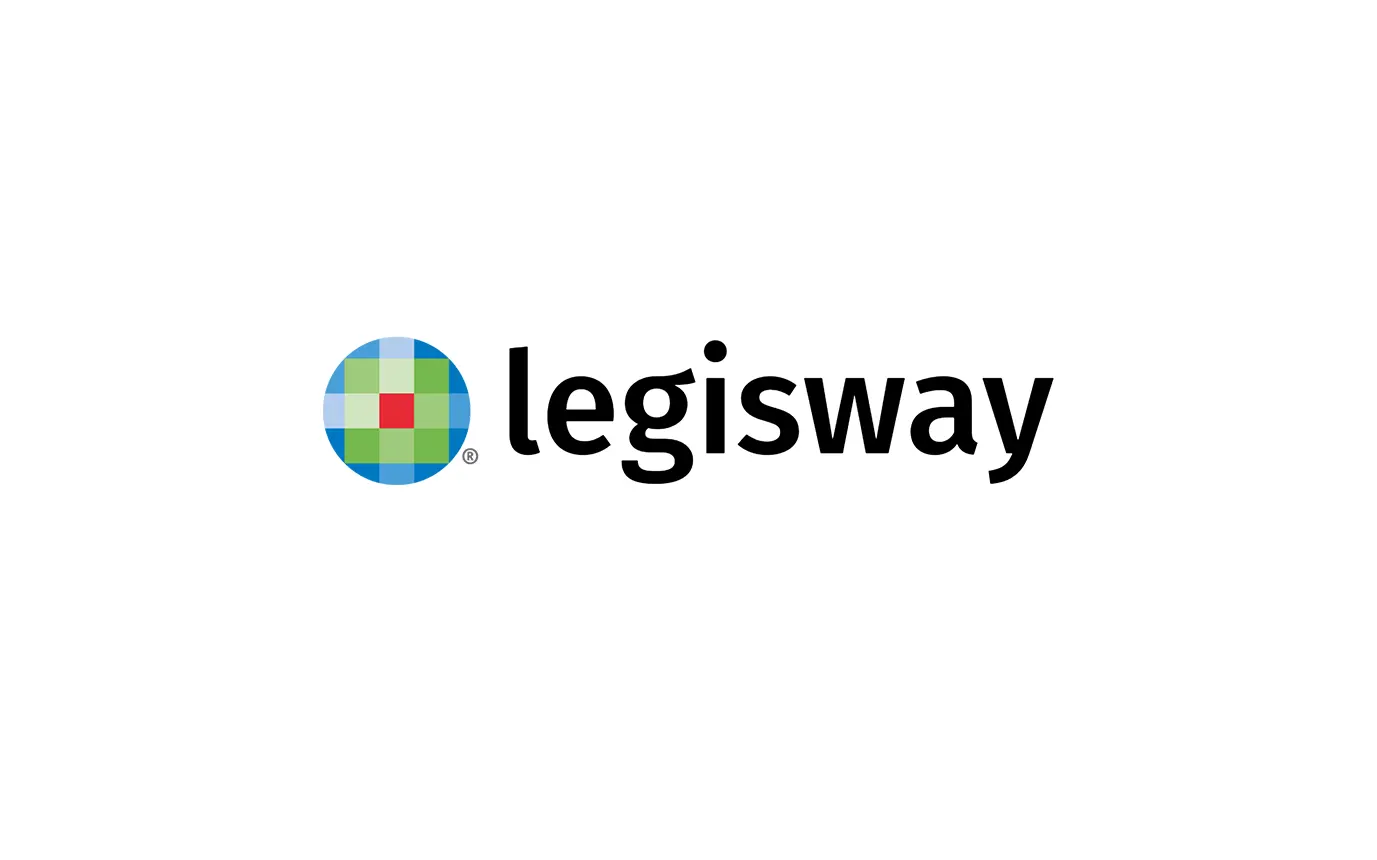Legisway by Wolters Kluwer: An All-in-One Legal Management Platform for the Demands of Modern In-House Work
Legal Operations Without the Sprawl
For legal departments managing growing volumes of work across litigation, contract governance, risk monitoring, and internal compliance, the question is no longer whether software is needed, but which system is built to handle it. Legisway, developed by Wolters Kluwer, presents itself as a legal management platform designed to respond to the increasing operational demands facing in-house teams.
Known globally for its expertise in legal, tax, and regulatory publishing, as well as ESG and compliance software, Wolters Kluwer brings decades of infrastructure-level understanding to the table. With Legisway, the company has turned that experience inward—toward the legal department itself—combining contract management, litigation tracking, entity oversight, and AI-powered search in a single interface.
Integration That Balances Centralization with Flexibility
“Legal departments today are not just legal advisors—they are strategic business partners,” says Grégoire Miot, Product Owner at Wolters Kluwer. “That means they need a platform that brings all their core functions together while remaining adaptable.”
Legisway offers integration across contract lifecycle management, compliance oversight, and litigation monitoring—while syncing with other enterprise systems like ERP. The goal is to centralize where it adds value, without locking teams into one-size-fits-all workflows.
Designed for Legal, Built for the Long Haul
Unlike startups chasing speed-to-market, Legisway benefits from Wolters Kluwer’s regulatory DNA. Its architecture favors audit readiness, document versioning, and role-based visibility. These aren’t just perks—they’re necessities for legal teams tasked with long-term risk management and compliance.
“We prioritized structured data, traceability, and transparency from day one,” says Miot. That includes features like obligation linking, regulatory change tracking, and legal entity mapping that connect the dots between tasks, deadlines, and broader compliance goals.
Automation Without the Headaches
Legisway’s automation tools are built for non-technical users. Document templates with data mapping, clause libraries, and conditional logic allow lawyers to generate agreements and track versions quickly, without IT support. Built-in dashboards visualize contract expiries, litigation risk exposure, and regulatory deadlines, while AI-powered search retrieves relevant documents and clauses within seconds.
“Most teams get up and running on best-practice configurations,” Miot notes, “but the system still allows for deeper customization as teams mature.”
Turning Legal Work Into Business Metrics
As legal teams are increasingly expected to report on their own performance, Legisway transforms legal operations into measurable data. Built-in KPIs help track contract cycle times, compliance task completion, and dispute volumes. This isn’t just for internal optimization—it’s a way to communicate value to the broader business.
“There’s growing pressure to quantify legal’s impact,” Miot says. “Legisway gives teams a way to do that, without having to build new tools from scratch.”
An Anchor for ESG and Regulatory Collaboration
While Legisway is not marketed as an ESG platform, it plays a supporting role in sustainability, compliance, and reporting workflows. With in-house counsel increasingly involved in ESG disclosures, policy creation, and legal governance, platforms like Legisway are becoming critical to structuring and monitoring those obligations.
“Only 35% of legal teams own ESG directly,” says Miot, “but over half are responsible for the policies that support it. Legisway bridges that gap by linking legal risk to enterprise compliance frameworks.”
What’s Next for Legisway?
New features are expected to roll out soon, including enhanced collaboration tools like Outlook and Word plugins, as well as upgraded clause management and summarization via AI.
“We’re focusing on smarter collaboration and deeper automation,” Miot confirms. “Our clients want flexibility, integration, and better metrics. We’re building toward that.”
As legal departments evolve into more data-driven, cross-functional teams, Legisway positions itself not as a flashy new entrant but as reliable, enterprise-grade infrastructure.
Is Your Firm Missing Out on the Next AI Game-Changer?
Before you invest time and money in AI tools, consider this:
The experts behind The Legal Wire are tracking the most powerful AI tools transforming legal work today—tools your competitors might already be using.
Imagine if your firm had adopted an AI tool like this six months ago. The saved hours and reduced costs could already be driving results you only dream about now.
Don’t get left behind—subscribe and join thousands of legal professionals transforming their practice with AI. The Weekly Legal Wire is all it takes to stay ahead, work smarter, and gain the competitive edge you need to win.




